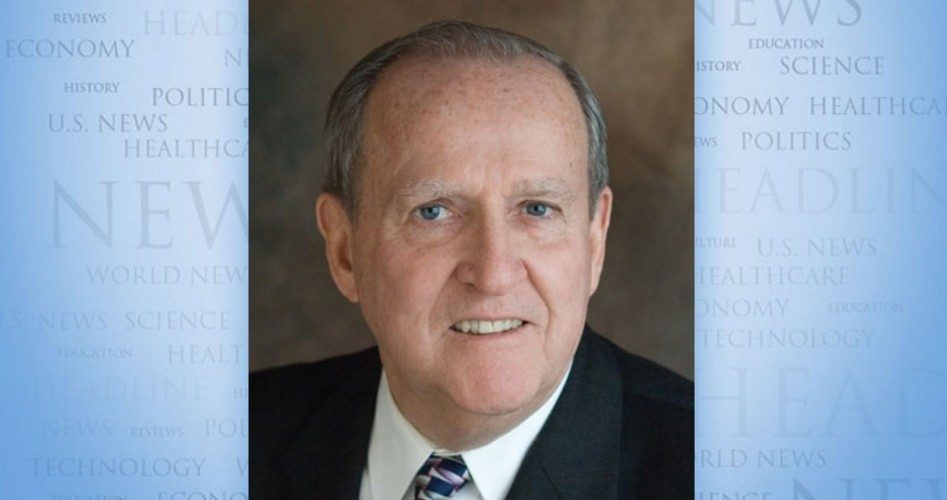
The October 4th vice presidential debate showed that Democrat Tim Kaine ought to be awarded a prize for the most obnoxious performance in recent memory. He interrupted his opponent and the debate moderator 72 times during the 90-minute encounter. His oily smugness and lack of decorum was so bad it may well have turned some viewers away from supporting Hillary Clinton. Even Clinton-favoring headliners in the media scolded Kaine and declared Republican Mike Pence the winner. But that was the debate between the candidates for vice president.
As expected during the October 9th Town Hall presidential faceoff, Hillary cited the lewd comments made by Trump in his 2005 appearance on Access Hollywood. She then attacked her opponent for having stated that Judge Gonzalo Curiel was unfit to preside over any case involving Trump University because he had Mexican parents. But Curiel has a past association with the radical Mexican-American group La Raza (“the Race”) that seeks to transfer several southwestern U.S. states to Mexico. That kind of connection should bar him from serving on any bench in the United States. But this point wasn’t made by Trump.
In April 2015, Hillary spoke at UN headquarters to an adoring crowd of gays, transgender advocates, and abortion partisans. In her speech, she left herself wide open for condemnation by insisting, “Deep-seated cultural codes, religious beliefs and structural biases have to be changed.” That’s an attack not only on our nation’s fundamental moral and religious foundations, but also on the bedrock of Western civilization. She could hardly have expressed a more revolutionary urging. But Trump never mentioned it.
During this encounter, Trump focused attention on Hillary’s cavalier and dangerous abuse of e-mail transmissions. She admitted having made a “mistake” as if that should settle the issue, and then relied on FBI Director Comey’s refusal to recommend prosecution. Lost in the discussion is the simple fact that anyone who had been so “reckless” with classified information could never gain employment in any sensitive government position, including the office of President of the United States. Trump ignored that easily understood fact and indicated instead that, if elected, he would arrange for a special prosecutor to deal with what she characterized as a mere “mistake.”
The Trump candidacy has won much of its support because he is perceived as an “outsider,” not another behind-the-scenes elitist ruling our nation. He doesn’t hold membership in the power-laden clique at the Council on Foreign Relations (CFR), the organization whose long-range goal was neatly summed up by one of its key members as performing “an end run around national sovereignty eroding it piece by piece.”
While serving as Secretary of State in 2013, Hillary spoke at the opening of a new CFR branch office in Washington. After noting her good fortune in having frequently been welcomed at the CFR’s “mother ship” in New York, she revealingly stated:
It’s good to have an outpost of the Council right here down the street from the State Department. We get a lot of advice from the Council, so this will mean I won’t have as far to go to be told what we should be doing and how we should think about the future.
If Donald Trump fails to make an issue of what Hillary Clinton stated at the CFR’s Washington office on July 15, 2013, he will severely disappoint his followers. He will also convince many fed-up Americans that he is no “outsider,” but instead another elitist claiming to be an opponent of the decades-long stranglehold the CFR has had on our nation.
John F. McManus is president emeritus of The John Birch Society. This column appeared originally at the insideJBS blog and is reprinted here with permission.


